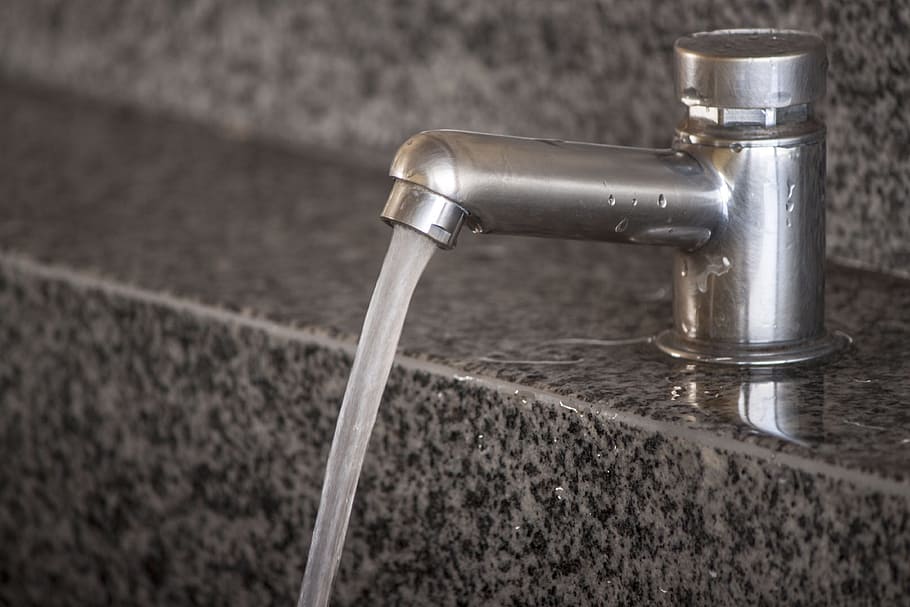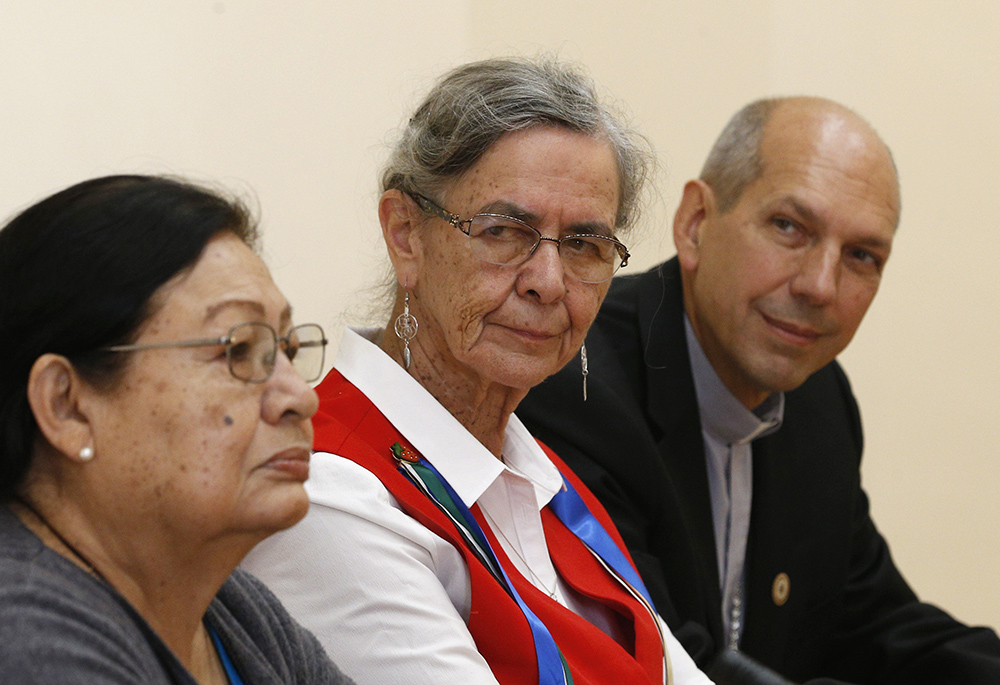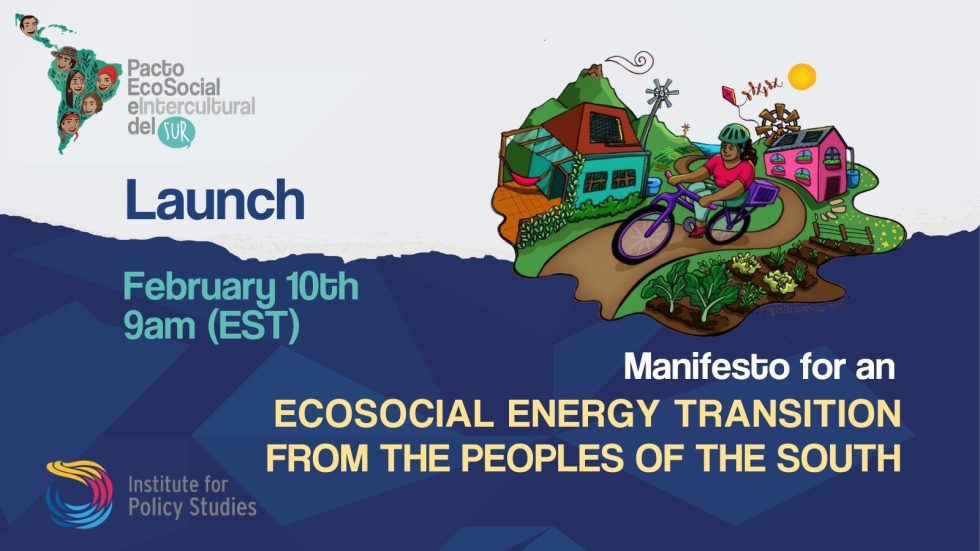How can religious congregations contribute to building political will for action on reconciliation? By keeping clean drinking water in First Nations communities front and centre.
Bill C-61, currently in front of the House of Commons Standing Committee on Indigenous Affairs and the North, aims to ensure that First Nations have reliable access to sufficient, adequate, safe drinking water and effective wastewater disposal.

To date Indigenous Services Canada has been unable to provide effective water treatment systems, with sufficient resources and training etc., and there has been little and no regulatory regime. Will Bill C-61 move us forward, where we would see the federal government finally supply each and every community with effective water treatment systems, and commit to a transfer of ownership to give First Nations responsibility for their drinking water? How can the Bill be improved?
Council on Canadians has a briefing note with recommendations and a call to action. Recent media about the 30 year long boil water advisory in Neskantaga First Nation, speaks to the importance of community led solutions to infrastructure challenges. In Neskantaga’s case, Chief Chris Moonias describes a patchwork of short-term solutions over the years that have cost tens of millions of dollars and haven’t addressed the root of the problem.
Let’s keep in mind if the Bill does not make it through the House and Senate before the election it will likely be an issue we can highlight on the campaign trail.


